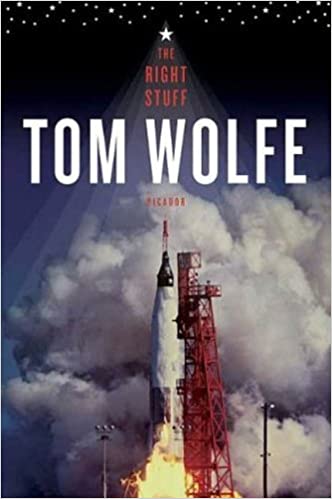And now we’re moving from summer into fall. I can’t say I organize my reading too much around season, but maybe it has an impact.
Let’s find out. Looking down at the list, I see a bit more on politics. As well as one leftover summer novel.
David Broder – First They Took Rome
Broder traces Italian politics after World War II, particularly the collapse of mainstream politics and rise of the far right. For the U.S., the story should sound familiar. Steve Bannon and other forces of Trumpism sometimes look to Italy for direction. Broder tells us why.
The Lega Nord – Italy’s main far-right force – and Silvio Berlusconi‘s Forza Italia around right around the same time. That time was shortly after the Cold War, right at the height of neoliberalism. I’ve written about the same forces rising in Venezuela and Bolivia. In each case, underlying causes included economic stagnation, the lack of a left-wing alternative, and hostility to democracy. Italian politics held a particularly strong hostility to democracy, especially when comparing it to the rest of Europe.
I found the description of Berlusconi especially interesting. While many Americans would compare Trump to the Lega, I’ve always started by comparing him to Berlusconi. In each case, we have an egotistical wealthy media personality playing corrupt politics. In Italy, Berlusconi eventually gave way to forces further to the right. One of the greatest concerns for the U.S., in my view, is that the same happens with Trump.
The Lega includes certain far-right elements, but it started with social conservatism and anti-tax and pro-business ideology. Unlike Berlusconi, it built itself around actual community rather than blatant self-interest. But, like Berlusconi, it’s more identitarian than political.
Emma Goldman – Anarchism and Other Essays
Unlike the rest of this list, I read Goldman in a reading group! Someone in our local DSA chapter started a leftist reading group, and we read Goldman’s essays.
In lots of ways, Goldman’s essays show the best and worst of anarchism. She writes simply and well on a wide range of topics – socialism, the police, women’s suffrage, prostitution, direct action, political violence, and so on. I think many of her readers would’ve learned a lot. Even 100 years later, a large amount of the material holds up.
With that said, there are plenty of shortcomings here. Goldman oddly idolizes ‘heroes,’ even when they do foolish things. Along these lines, she oddly quotes Nietzsche and also excuses acts of political violence that got dozens of people arrested and harmed leftist movements. She says plenty of things that I suspect she’d take back 100 years later, such as a conflation of sex work and sex trafficking. But, overall, these essays are still well worth a read.
Helene Hanff – 84, Charing Cross Road
Among other things, this book is unbearably cute. It’s also a short book. The basic story is that a New York woman, in search of certain books, sees a magazine ad from a London bookstore and writes them. This book collects and publishes the letters the woman and the bookstore employees wrote to one another over the next couple of decades.
Beyond that, just read the book! There’s lot of personality. Lots of Christmas packages. And so on.
Michael J. Klarman – The Framers’ Coup
Klarman’s thesis here isn’t exactly new. Some historians have argued for years that the U.S. – at its founding – fell well short of full democracy. But Klarman tells a comprehensive version of that story. He cites a wide range of literature, explains a wide range of events in the 1780s and 1790s, and tells us why – in basic self-interest terms – the founders were anti-democratic.
In short, the founders of the country objected to some of the ‘democratic excesses’ of the states under the Articles of Confederation. They did things like offer debt relief that benefited ordinary people and upset financial interests.
And, as a bonus, Klarman tells a nifty story about the Bill of Rights. As it happens, some founders of the country, notably James Madison, originally objected to the Bill of Rights on the grounds that it was a mere ‘parchment barrier.’ Some even objected on the grounds that since the constitution gave the U.S. no power to do things like restrict free speech, et al., it would be confusing to ban such regulation by law. It might even falsely suggest the government has more power than it really has.
It’s not how I usually think about the Bill of Rights. Perhaps they’re made up of only ‘bourgeois rights,’ which has various implications. But I’d never have thought about them as activley counterproductive to rights.
Tom Wolfe – The Right Stuff
As it turns out, most ‘best non-fiction books’ lists include this one. And, it turns out, they’re right to do so. Wolfe’s basic point theme here is a simple one. He follows the careers of early NASA astronauts. He looks into why they joined such a dangerous career that, in its early days, seemed far less prestigious than it turned out.
Why did they do it? Many of them used to be military pilots, which carried even greater risks than NASA. Plus, they had very high self-confidence levels. They convinced themselves they had the right stuff for it.
There’s not much else to say here, except that it’s a great book. Wolfe captures the astronauts very well, and he tells their story in a way anyone can follow with interest.
